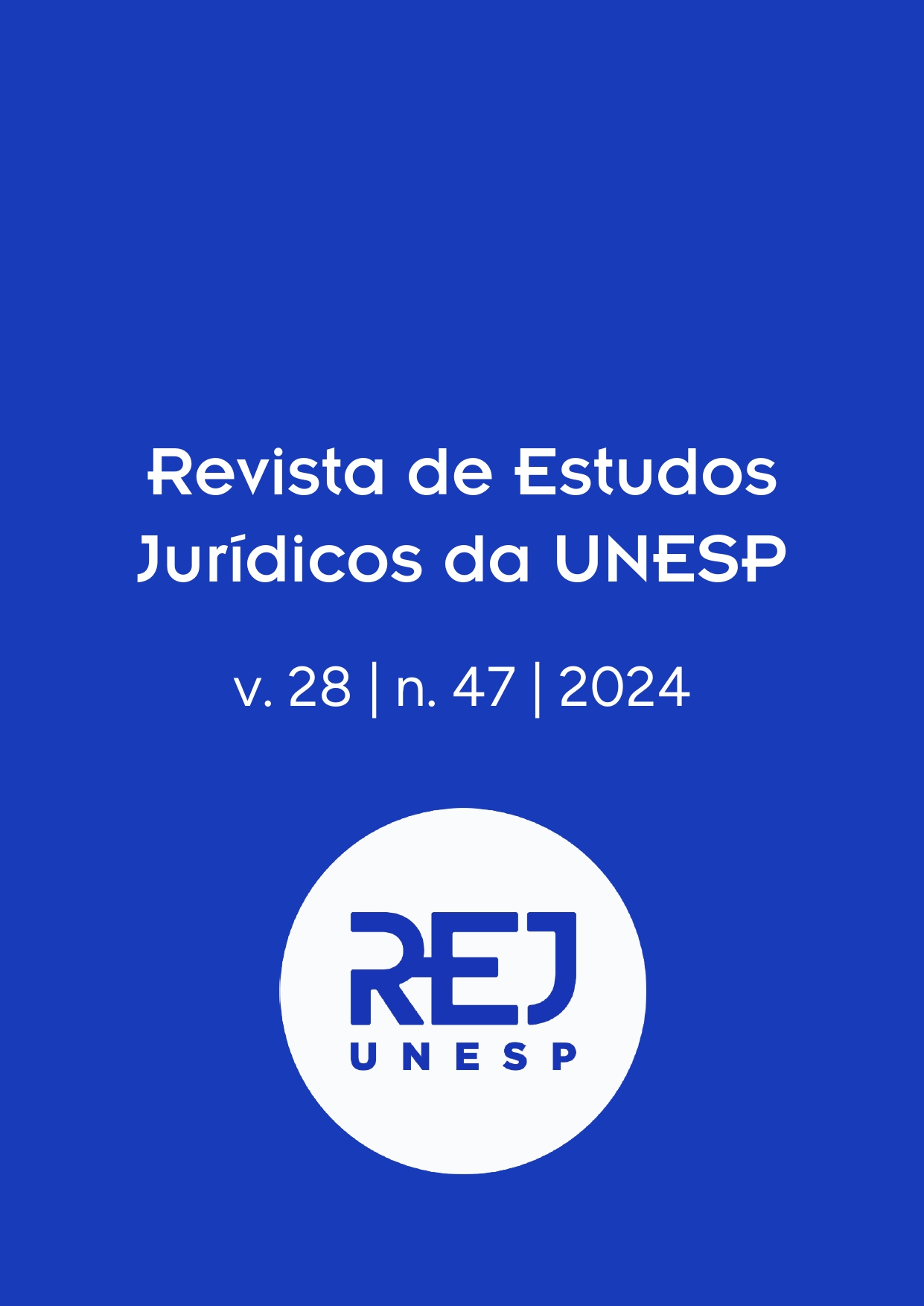VELHOS NOVOS DESAFIOS PARA O PENSAMENTO LIBERAL
DOI:
https://doi.org/10.22171/rejunesp.v28i47.4482Palavras-chave:
Liberalismo, Capitalismo, Desafios contemporâneosResumo
O pensamento liberal tradicional baseia-se na prevalência dos direitos e projetos individuais sobre os coletivos, e na economia capitalista de livre iniciativa sobre modelos estatais. Historicamente, o liberalismo reformou o Ancien Régime, rivalizando com o conservadorismo e, mais tarde, colaborando com a social-democracia. A queda do Muro de Berlim foi vista como a vitória definitiva do liberalismo e do capitalismo, mas essa trajetória não se manteve linear. Hoje, o capitalismo é amplamente aceito como o melhor sistema de produção de riqueza, mas enfrenta novos desafios decorrentes da globalização e das tecnologias exponenciais. A difusão ilimitada do conhecimento científico, essencial para a modernização, agora também apresenta ameaças, como o uso de armas de destruição em massa. Exemplos incluem a Coreia do Norte de Kim Jong-un e a proliferação potencial de tais conhecimentos através da inteligência artificial, questionando como controlar esses avanços sem limitar a ciência. Além disso, gigantes corporativos como Google e Amazon possuem um poder comparável ao de estados, ameaçando a privacidade e as liberdades individuais. O pensamento liberal deve então revisitar seus fundamentos para enfrentar novos desafios, incluindo a concentração de poder econômico e a necessidade de regulamentações globais anti-truste. Isso exige uma reflexão profunda sobre como preservar a liberdade de empreendimento enquanto se evita a tirania corporativa, comparável ao controle estatal descrito por Orwell em "1984". O liberalismo precisa de uma nova visão global, possivelmente inspirada na ideia de uma Constituição da Terra baseada na divisão de poderes e no federalismo, para continuar relevante e inovador no século XXI.
Downloads
Referências
ALBERDI, J. B. El crimen de la guerra. Buenos Aires: Losada, 2016.
FIELDHOUSE, D. K. Los imperios coloniales desde el siglo XVIII. Madrid: Siglo XXI, 1986.
HAYEK, F. The economic conditions of interstate federalism. New Commonwealth Quarterly, 1939.
HAMILTON, A.; MADISON, J.; JAY, J. The Federalist Papers. Oxford: Oxford University Press, 2008.
HOBSBAWM, E. Industria e imperio. Madrid: Ariel, 1982.
KANT, I. Hacia la paz perpetua. Buenos Aires: Ladosur, 1795.
KURZWEIL, R. The Singularity is Near: When Humans transcend biology. Londres: Viking Books, 2005.
MOMSEN, W. J. La época del imperialismo. Madrid: Siglo XXI, 1971.
MONTESQUIEU. Del espíritu de las leyes. Madrid: Altaya Editorial, 1993.
MINOGUE, K. R. Nationalism. Nova Iorque: Basic Books, 1967.
NINO, C. S. El constructivismo ético. Madrid: Centro de Estudios Constitucionales, 1989.
POPPER, K. R. La miseria del historicismo. Buenos Aires: Alianza, 1992.
RAWLS, J. Una teoría de la justicia. Buenos Aires: FCE, 1974.
ROBBINS, L. Economic Planning and International Order. Londres: McMillan, 1937.
ROBBINS, L. The economic causes of War. Nova Iorque: Howard Fertig, 1968.
SEN, A. The Idea of Justice. Cambridge (Mass.): Harvard University Press, 2009.
Downloads
Publicado
Como Citar
Edição
Seção
Licença
Copyright (c) 2024 Revista de Estudos Jurídicos da UNESP

Este trabalho está licenciado sob uma licença Creative Commons Attribution 4.0 International License.
























